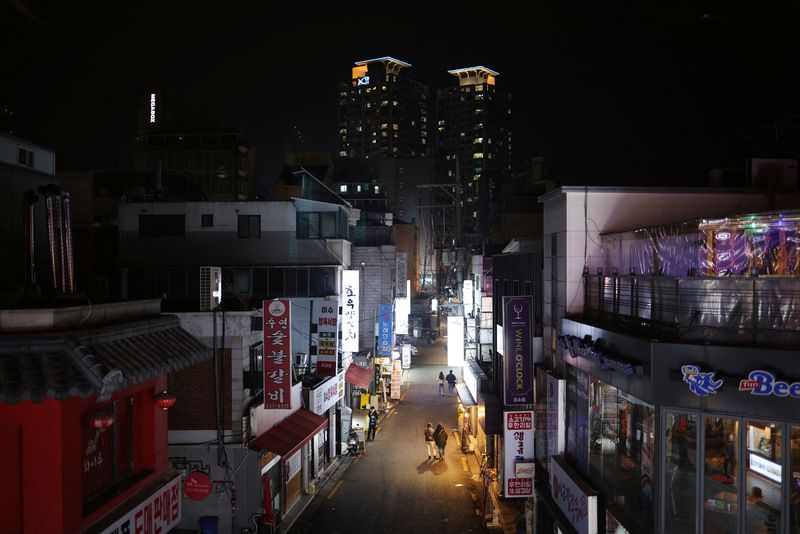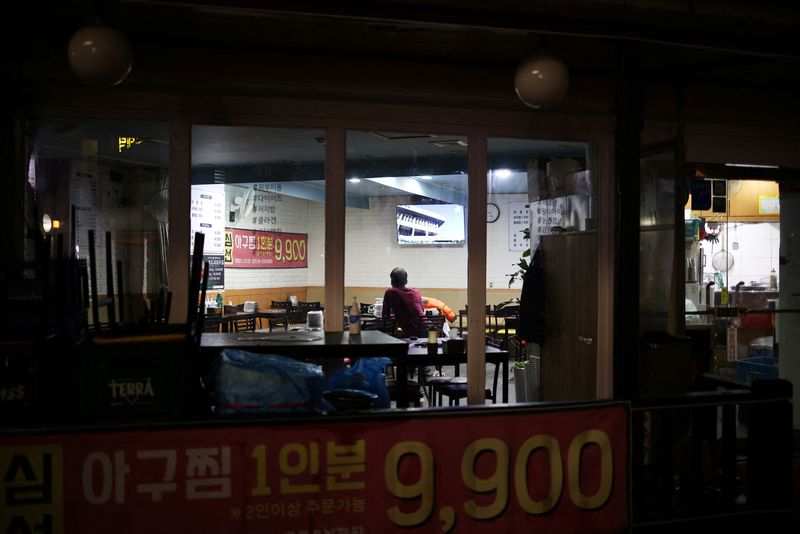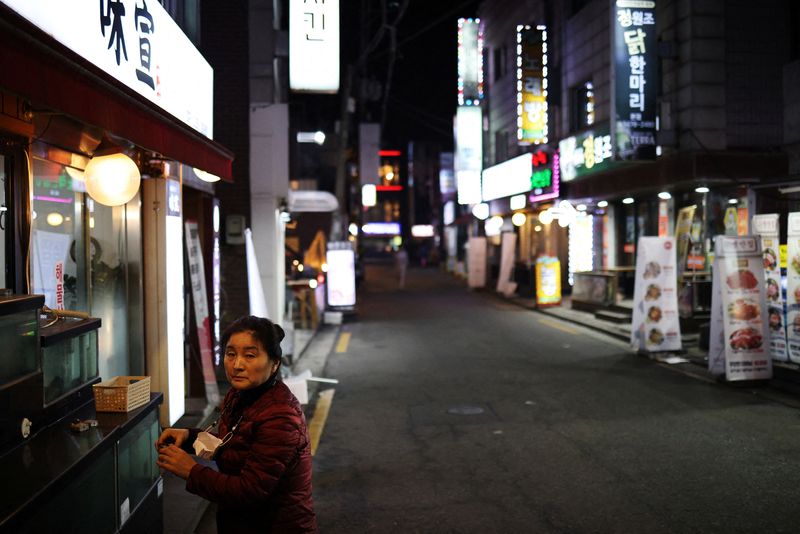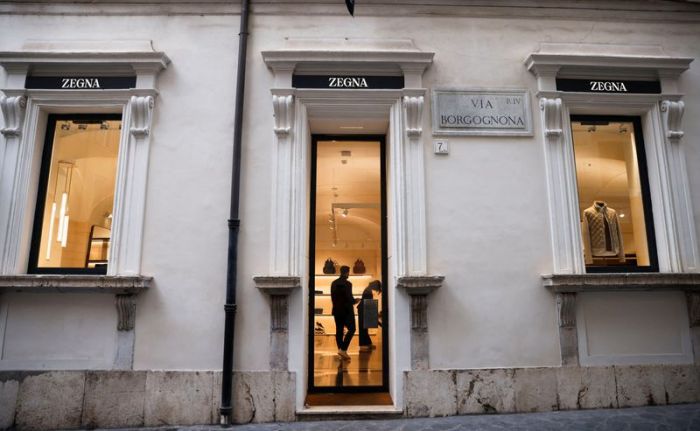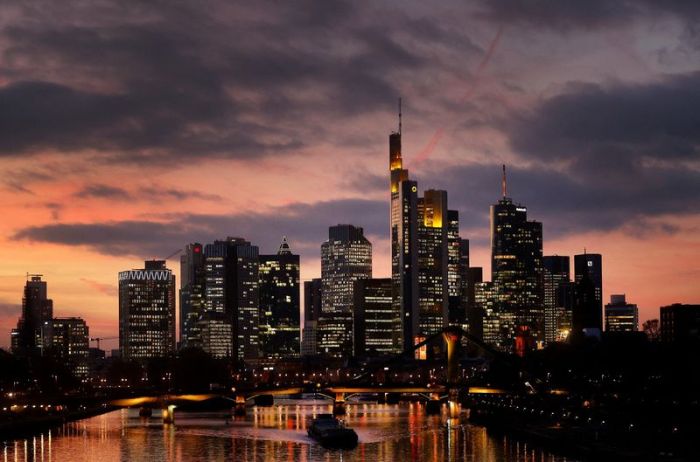SEOUL (Reuters) – As clocks struck 9 p.m. this week, customers packed up and left restaurants and other eateries across South Korea as a reimposed curfew designed to help stem a surge in coronavirus infections sparks fears of economic disaster for some businesses.
Last week authorities announced a series of social distancing measures lasting until at least Jan. 2. They include limiting gatherings to no more than four people and forcing restaurants, cafes and bars to close by 9 p.m. (1200 GMT).
The measures came just six weeks after highly-vaccinated South Korea eased many restrictions to try to “live with COVID-19.” Since then daily cases and serious infections have hit record highs, adding to strains on the country’s medical system.
At one Korean barbecue restaurant in Seoul on Monday, customers hurriedly put on their jackets and face masks as the curfew arrived, with some expressing disappointment that the measures were imposed ahead of the holidays.
“It is the year end when we meet people we’ve been missing, but now we can’t fully do that,” said 39-year-old customer Kim Min-song.
Barbecue restaurant owner Lee Min-gyu said when restrictions were eased he hired more people and prepared a lot of ingredients in anticipation of a busy end to the year.
“Now, with the sudden change, all the ingredients are left unattended, and I have too many workers,” he said.
The government has said it plans to pay 1 million won (839) each to small business owners.
But Lee said the planned compensation will not be enough, noting it is less than one part-time employee’s monthly pay.
Associations of small business and restaurant owners have issued a series of statements protesting the decision and calling for measures to compensate their losses. One of the associations has vowed to stage a rally this week.
The Korea Disease Control and Prevention Agency (KDCA) reported 5,202 infections and 52 deaths by midnight on Monday, for a total of 575,615 cases and 4,828 deaths since the beginning of the pandemic. Serious cases stood at 1,022, nearly an all-time high.
“It’s a little disappointing,” customer Pyeon Gi-jang said of the new rules. “But if we don’t follow the government’s policy when COVID-19 is spreading widely, there will be more damage.”
($1 = 1,192.2800 won)
(Reporting by Dogyun Kim, Heejung Jung, and Minwoo Park; Writing by Josh Smith; Editing by Christian Schmollinger)

